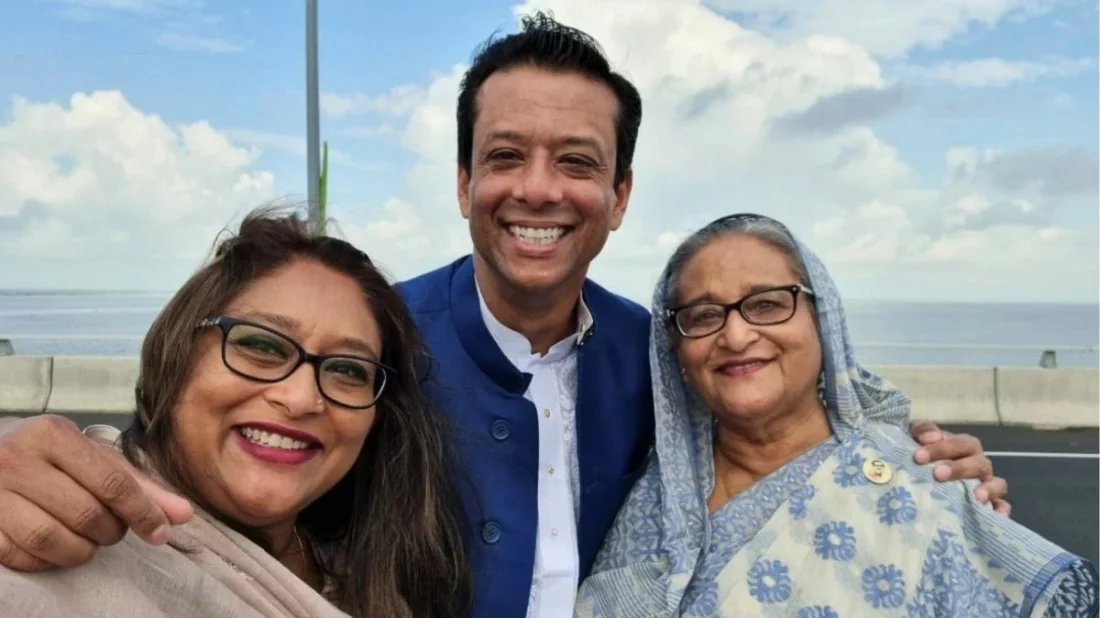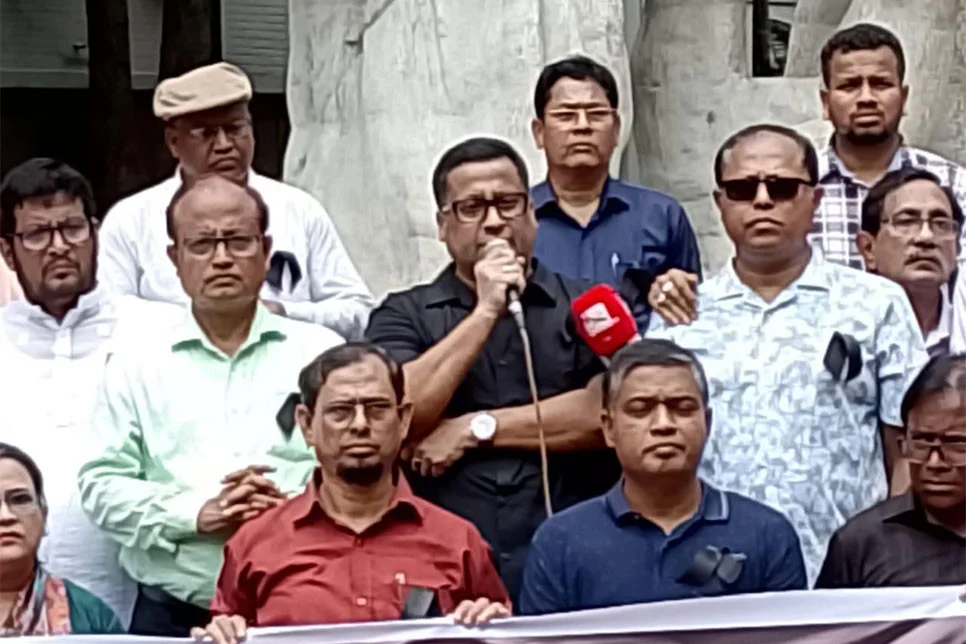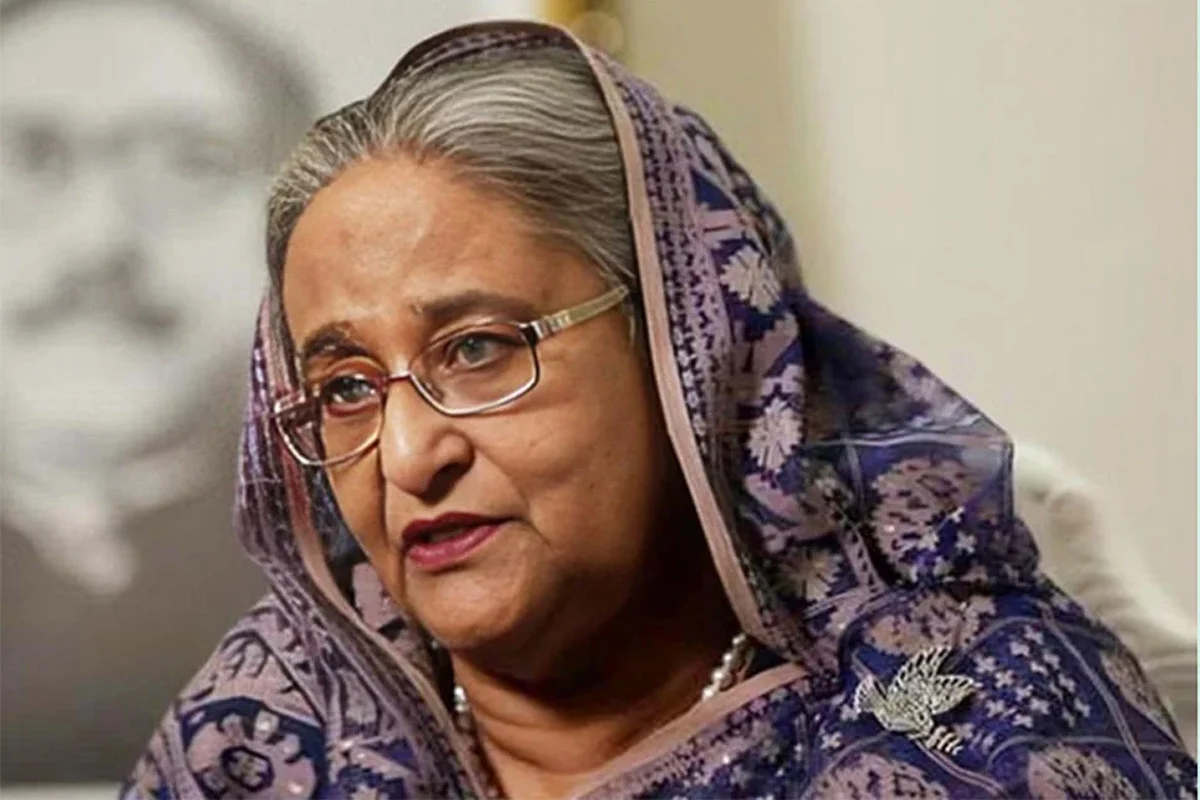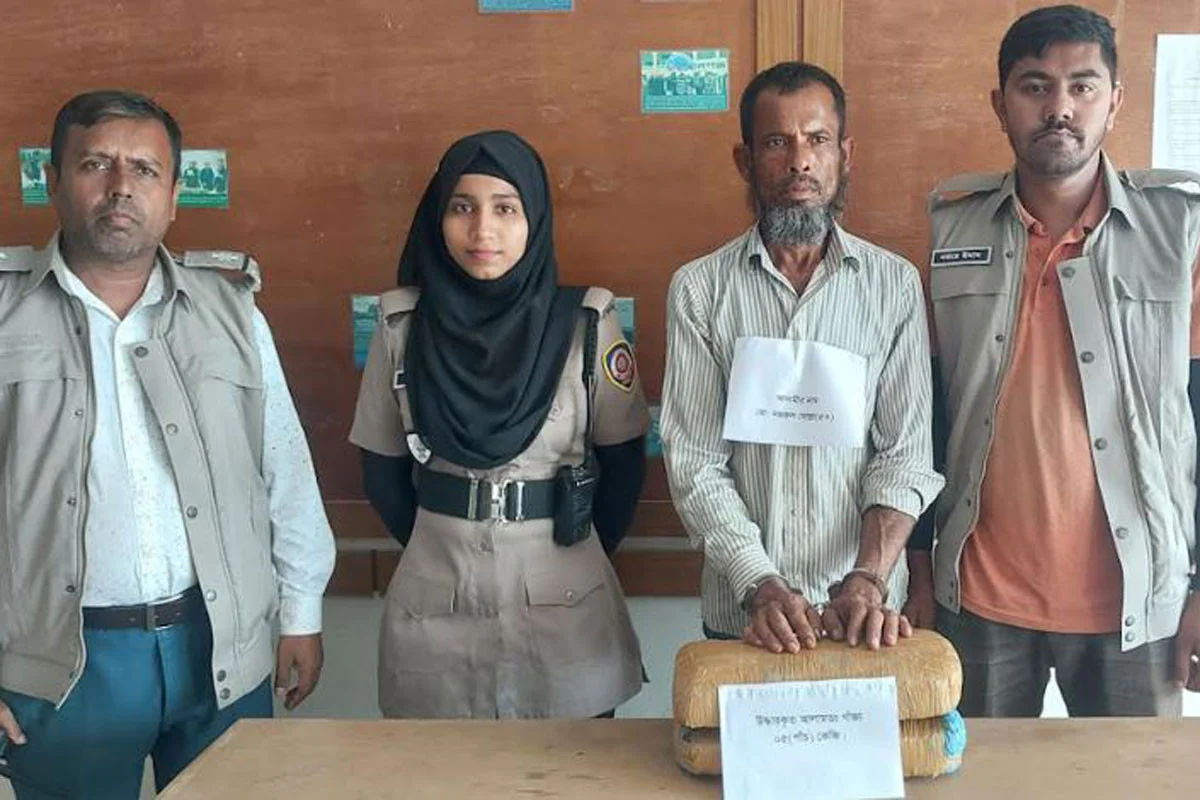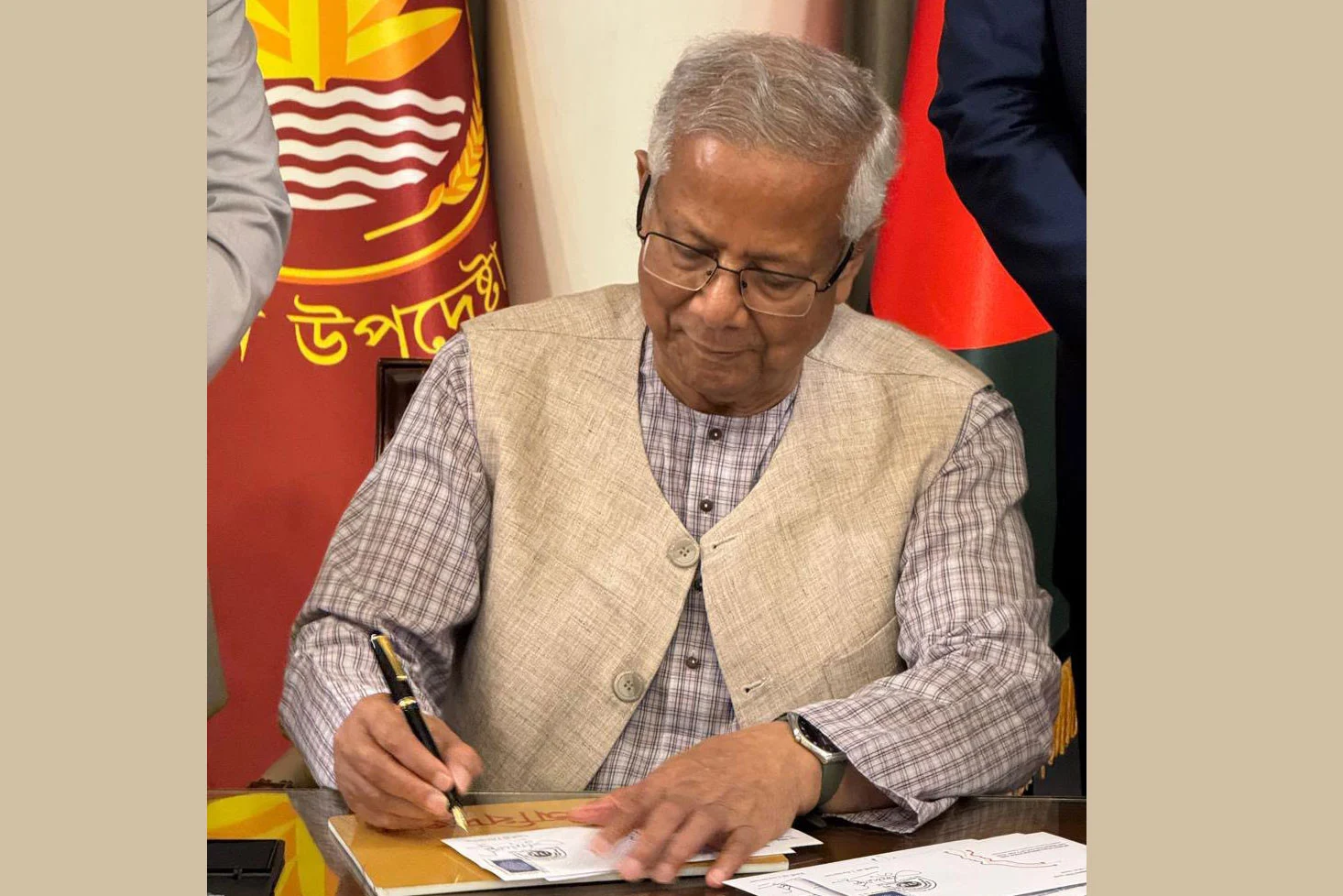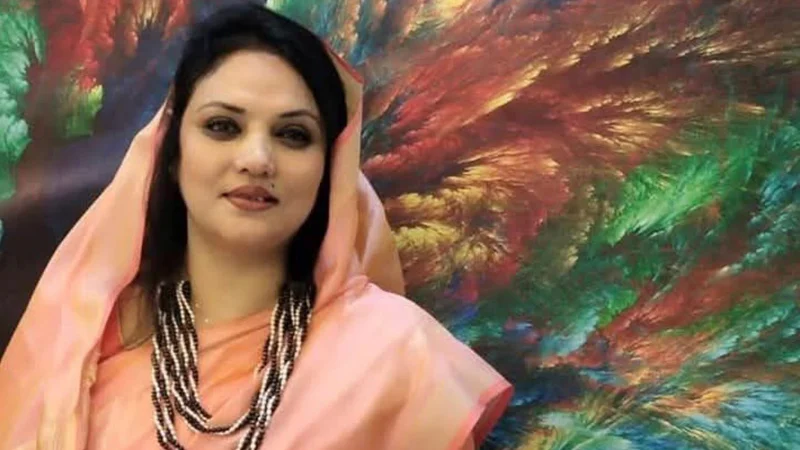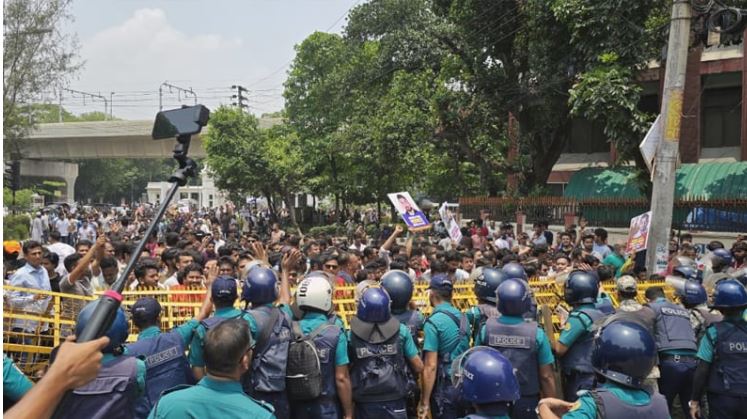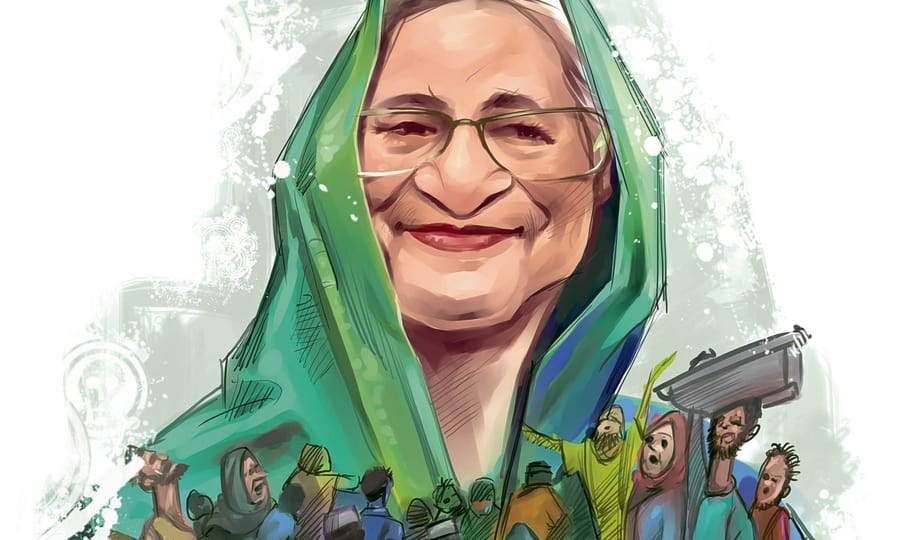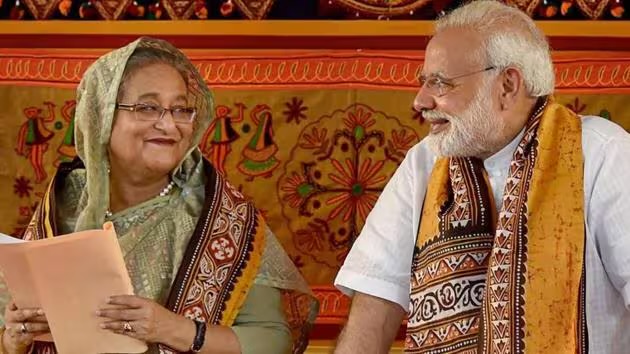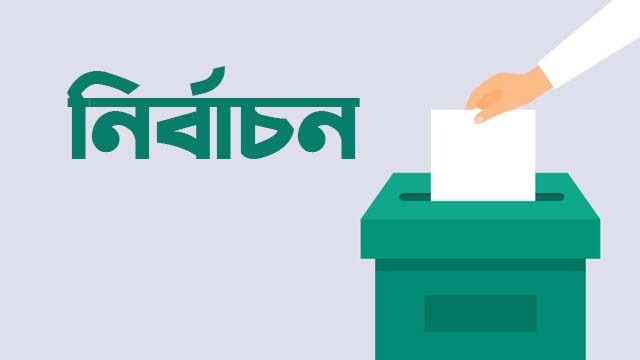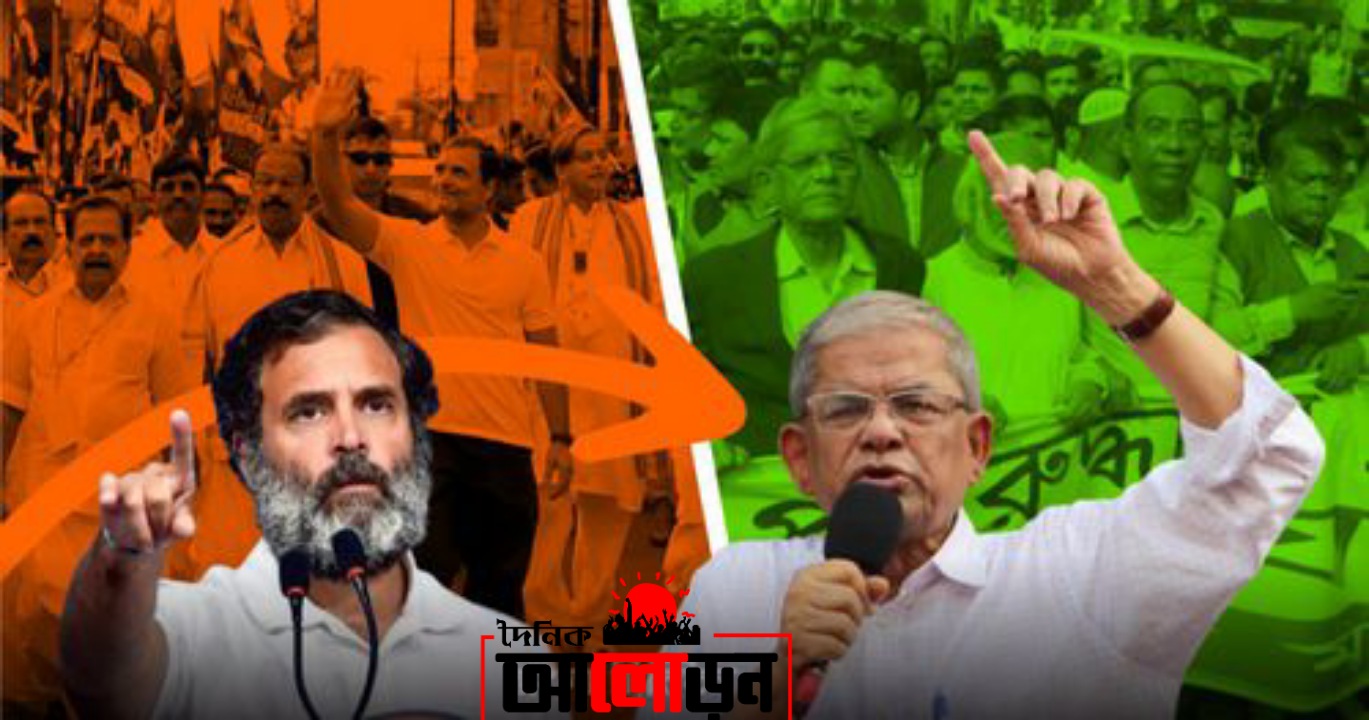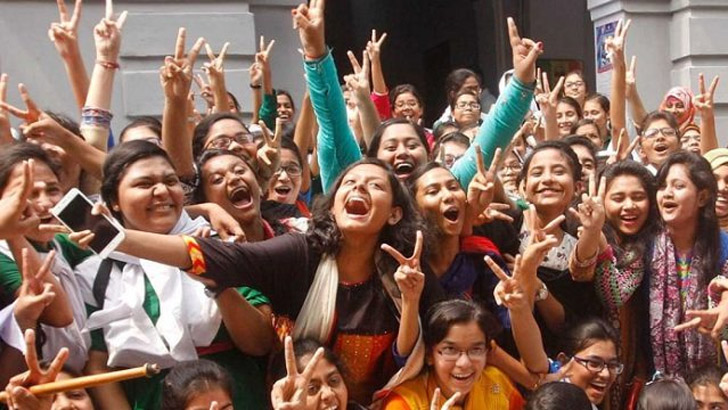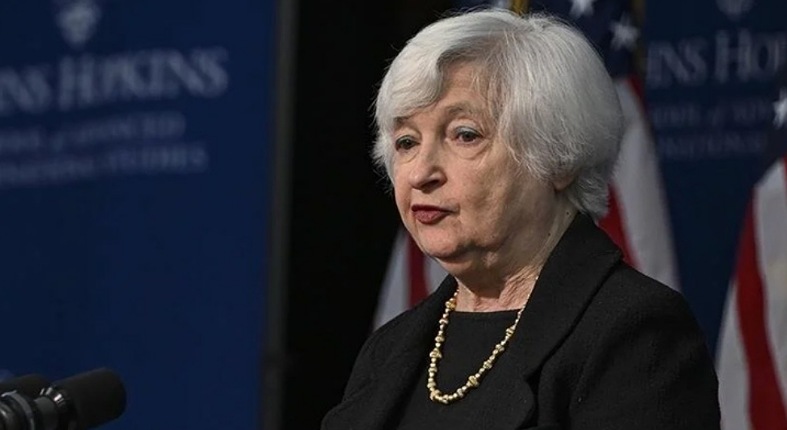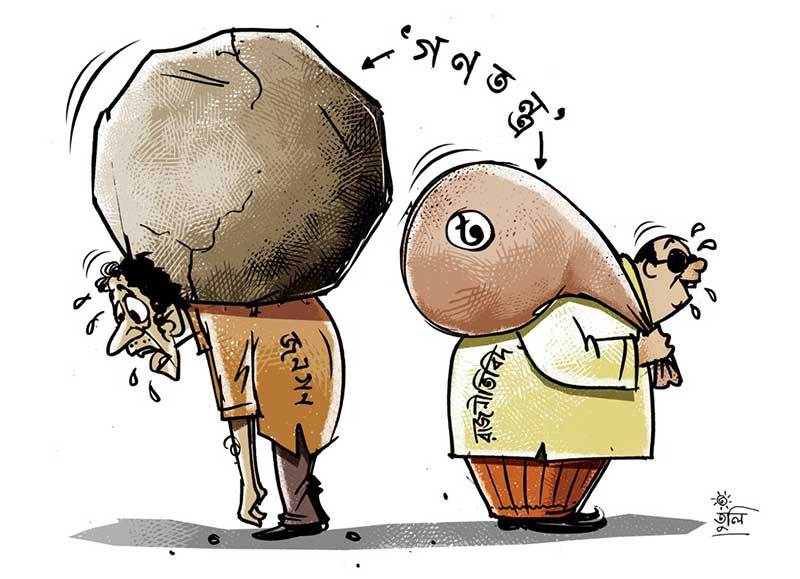
Apurbo Ahmed Jewel: Since gaining independence from Pakistan in 1971, Bangladesh has had a long history of political instability. The country has experienced a mixture of democratic and authoritarian rule. However, in recent years, the country has seen an expansion of authoritarian rule by the current government, which has demonstrated a lack of tolerance towards dissenting voices and opposition.
Bangladesh is currently under the leadership of Prime Minister Sheikh Hasina, who has been in power since 2009. Her party, the Awami League, won the general elections in 2009, 2014, and 2018, but opposition parties have alleged election irregularities and called for new elections. However, the government denies these allegations and continues to govern. It has become a pattern in the government where it shows minimal tolerance towards opposition and differing opinions.
There are allegations of curbing freedom of speech and press freedom against the government. In 2018, the government enacted the Digital Security Act, which considers any online criticism of the government, religion, or the founding father as a crime. The law is vague, prone to misuse, and has been used multiple times to arrest and detain journalists and media workers critical of the government. The government has also shut down independent media outlets in the country at various times.
Furthermore, the government has targeted human rights activists and political opponents. In 2018, Shahidul Alam, a prominent human rights activist, was arrested for criticizing the government’s handling of student protests. Although allegations of spreading false information and inciting violence were made against him, the charges were politically motivated. In 2019, the government arrested former Prime Minister Khaleda Zia on corruption charges, which were seen as politically motivated. The allegations were widely criticized as an attempt to keep her away from politics.
The government’s handling of the COVID-19 pandemic has also revealed its authoritarian tendencies. There are allegations of suppressing information about the severity and spread of the pandemic. In 2020, the government passed a law allowing the arrest of people without a warrant to enforce social distancing measures. However, the law was widely criticized as a means to suppress dissent rather than promoting public health.
In summary, the current government in Bangladesh has shown a lack of tolerance towards opposition and differing opinions. It has curtailed freedom of speech and press freedom, targeted human rights activists and political opponents, and used the COVID-19 pandemic as an excuse to implement authoritarian measures. To ensure a stable and prosperous future for the country, the government needs to respect human rights, uphold press freedom, and govern with the rule of law.
Writer- Apurbo Ahmed Jewel

